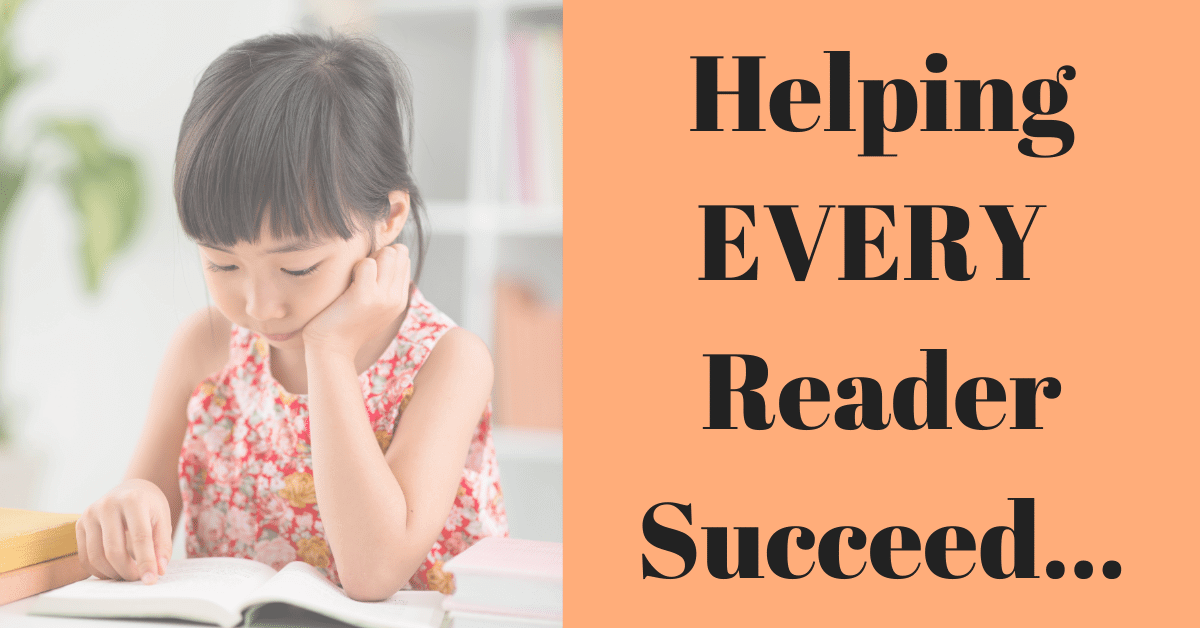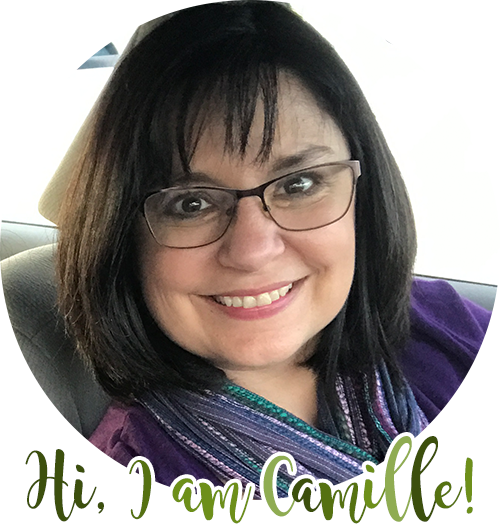
As I studied to become an elementary teacher in the late 1980's, it was the era of Whole Language. There was a de-emphasis of phonics instruction and more emphasis on sight vocabulary and reading authentic literature. I graduated and felt like I was ready to help children learn to read, but I must admit the first few years were tough. In practice, I wasn't nearly as prepared as I thought. What was I supposed to do when children were having difficulty becoming readers. How could I be more diagnostic and prescriptive? What was the best way to teach phonics skills and how did that relate to students reading at a 4th Grade level where I was teaching.? I learned from colleagues those first few years and I read professional books. My favorite reading resources at this point were Patricia Cunningham's books Phonics They Use and Classrooms that Work: They Can All Read and Write. The second book was co-authored with Richard Allington.
What I essentially received was training on the findings of the National Reading Panel's five areas of reading, and it has framed my thinking on reading for the last fourteen years. Basically the panel studied research that divided reading into five main areas that the panel felt had the most positive outcomes on student success. The five areas they recommended were:
- Phonemic Awareness
- Phonics
- Fluency
- Vocabulary
- Comprehension
In the next few years as I learned more about Guided Reading and other reading strategies, my knowledge expanded. However, none of the new knowledge had the impact that the original training had for me. Every reading task can be characterized into one of these categories. So it goes without saying, that if I become better at teaching fluency, then I become a better reading teacher. The same could be said for phonemic awareness, phonics, vocabulary, or comprehension. It also helped me become more diagnostic with my teaching. When a student is having difficulty reading, I work to frame the problem within one of these five areas. When we learn about each area of reading, we become well rounded reading teachers. Being a classroom teacher or a reading specialist can be so overwhelming. If we become more of an expert in each area, we will become more proficient.
So for the next five weeks, I am going to take some time to explore each area of reading. I invite you to tag along to help you affirm the knowledge you have and possibly learn some new ideas too. I plan to include a few freebies as well. I am hopeful that you will leave comments on your experiences, so we can all learn together.

